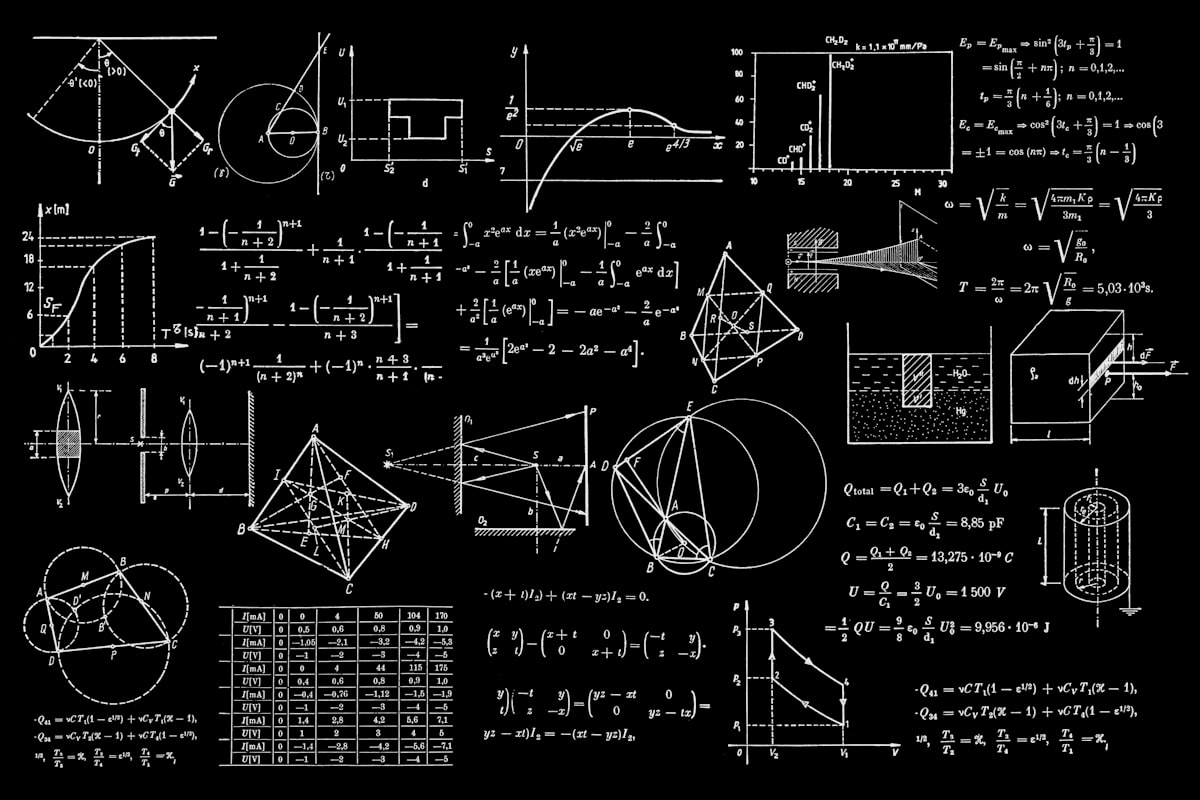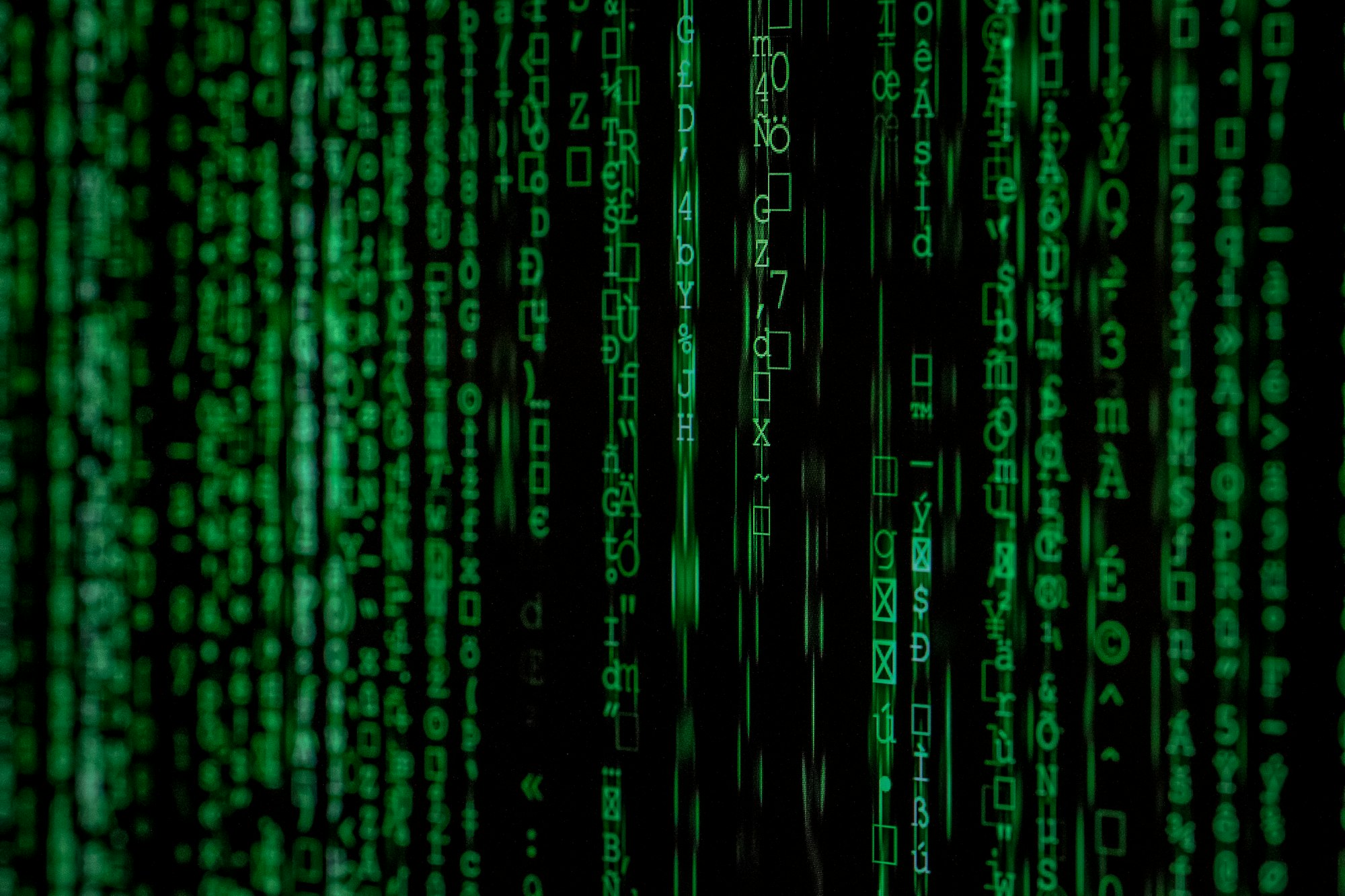Understanding Quantum Ready Cryptography
Stay ahead of the curve with this comprehensive guide on quantum ready cryptography! Get a handle on key concepts and up-to-date information about this cutting edge technology.

Quantum-ready cryptography is an evolving field of study that seeks to develop cryptographic solutions that can remain secure even in the presence of quantum computing. This involves finding new algorithms and protocols that are resistant to attacks by powerful machines as well as taking steps to ensure the secure transmission and storage of sensitive information. As the use of quantum computing grows, it becomes more important than ever to adopt a comprehensive approach to cryptography in order to protect confidential data.
What is Quantum Ready Cryptography?
Quantum ready cryptography, also known as post-quantum cryptography, is a type of cryptographic algorithm that is designed to be resistant to attacks by quantum computers. Quantum computers have the potential to break many of the cryptographic algorithms that are currently used to secure data and communications. This is because quantum computers can perform certain types of calculations much faster than classical computers, which can be used to break some encryption schemes.
Simple Explanation
Cryptography is like a secret code that keeps our messages safe from bad guys who want to read them.
Well, Quantum Ready Cryptography is like a super special secret code that can't be cracked even by really smart computers in the future. You see, regular secret codes can be broken by super powerful computers, but Quantum Ready Cryptography is like a superhero that is ready to fight those powerful computers and keep our messages safe for a long, long time.
It's like a secret handshake that only you and your best friend know, and nobody else can copy it, even if they're really good at guessing. So, Quantum Ready Cryptography is like the ultimate secret handshake, but for your digital world.
How does it function?
Quantum ready cryptography involves the use of mathematical algorithms that are designed to be resistant to attacks by both classical and quantum computers. These algorithms typically use mathematical problems that are believed to be difficult for both types of computers to solve. Finding algorithms that can withstand attacks from upcoming quantum computers is the aim of post-quantum cryptography. Examples of such problems include the shortest vector problem, the learning with errors problem, and the code-based encryption problem.
There are several quantum ready cryptographic algorithms that are currently under development, including lattice-based cryptography, hash-based cryptography, and code-based cryptography. These algorithms are being developed to provide secure alternatives to current cryptographic algorithms such as RSA and elliptic curve cryptography, which are vulnerable to attacks by quantum computers.
Why is it important?
The development of quantum ready cryptography is important because it will be necessary to secure data and communications in a post-quantum world. As quantum computers become more powerful and more widely available, the need for quantum ready cryptography will become increasingly important.
Security issues emerge as quantum computers develop in power. Conventional cryptography techniques rely on specific mathematical issues' computational complexity, which can be addressed by classical computers. However, quantum computers may resolve these issues considerably more quickly, leaving conventional encryption open to intrusion.
On the other hand, quantum ready cryptography employs quantum-resistant algorithms that are unbreakable even by quantum computers. These techniques can be used to securely transmit and store data without running the danger of being intercepted by potent quantum computers.
The demand for strong encryption techniques is greater than ever due to the rising usage of technology and the growing volume of sensitive data being stored and delivered electronically. The security required to safeguard this data and keep it from being intercepted or accessed by unauthorized persons is provided by quantum ready cryptography.
New algorithms are being developed that can withstand even the most potent quantum computer that we can conceive of. In order to defend against hackers and scammers who may employ a potent quantum computer in the future, these algorithms must be quantum resistant.
Photo by Markus Spiske / Unsplash
Risks with Quantum Computing beyond cryptography
- Cybersecurity: Current encryption mechanisms that protect data transit and storage can be broken by quantum computers. This might put private data, military secrets, and other sensitive information at danger.
- Financial systems: Banking institutions' usage of cryptographic methods can be broken by quantum computing, leaving them open to fraud and cyberattacks.
- Supply chain and logistics: Complex logistics issues and supply chain management can be optimized by quantum computing, putting traditional logistics providers in danger.
- Pharmaceuticals and healthcare: By simulating complicated chemical interactions, quantum computing has the potential to speed up the development of new drugs and transform healthcare. Yet, it might also result in gene editing and bioterrorism.
- Natural resources and energy: Quantum computing can increase renewable energy sources, optimize energy use, and lessen the environmental impact of industrial processes. It might, however, also cause disruptions in the energy sector and give rise to fresh kinds of cyberattacks.
- Military and national security: Quantum computing can enhance communications, surveillance, and cryptography in military and intelligence operations. Yet it might also result in new kinds of weapons and raise the possibility of cyberattacks on vital infrastructure.
Reduce risk before Quantum enters mainstream
- The creation of quantum-safe encryption algorithms is necessary because many of the currently in use encryption techniques will be vulnerable to attack from quantum computers as they become more powerful. Thus, creating new quantum-resistant encryption techniques is crucial.
- Increasing study into quantum cybersecurity is necessary in order to create techniques that can identify and thwart threats based on quantum mechanics.
- Implementation of quantum-proof hardware: Quantum-attack-resistant hardware must be installed in all devices used for sensitive data storage and communication.
- Creating a regulatory framework: Governments and regulatory organizations must create regulations that guarantee the ethical and safe application of quantum technologies.
- Education and information: It's crucial to inform the public and businesses about the possible dangers of quantum technology as well as the precautions they can take to reduce such dangers.
Researchers, policymakers, and industry stakeholders will need to work together to reduce the risk of quantum technologies.
Quantum Era Skills
- Quantum Mechanics and Quantum Computing: A deep understanding of quantum mechanics and quantum computing is essential to understand how quantum computers work, their capabilities, and limitations.
- Cryptography: As quantum computing has the potential to break current cryptographic protocols, it is essential to have a strong understanding of encryption and decryption techniques, along with experience in developing quantum-safe cryptography algorithms.
- Computer Science: A background in computer science is essential to understand how to program and optimize quantum algorithms for security applications.
- Mathematics: A strong foundation in mathematics, including linear algebra, calculus, and number theory, is crucial for designing and implementing quantum algorithms.
- Quantum Information Theory: A thorough understanding of quantum information theory is crucial for developing quantum error-correction codes, which are essential for building reliable and secure quantum computing systems.
- Quantum Communication: Quantum communication, which involves the use of quantum states to transmit information, is essential for secure communication over quantum networks.
- Machine Learning: Machine learning techniques can be used to develop quantum algorithms that can learn from large datasets and improve their performance over time.
- Research and Innovation: As the field of quantum computing is rapidly evolving, it is essential to stay up-to-date with the latest research and innovation to ensure that the security of quantum computing systems is maintained.
Quantum Courses
- Introduction to Quantum Computing: This course will introduce you to the basics of quantum computing, including quantum mechanics, quantum algorithms, and quantum programming. It will help you to understand the principles behind quantum computing and prepare you to take on more advanced courses.
- Quantum Cryptography: This course will teach you how to use quantum mechanics to secure information. You will learn about the different types of quantum cryptography and how to implement them in practice. This course is essential for anyone who wants to work in the field of quantum security.
- Quantum Machine Learning: This course will teach you how to use quantum computers for machine learning. You will learn about quantum algorithms for optimization, clustering, and classification. This course is essential for anyone who wants to work in the field of quantum computing.
- Quantum Information Theory: This course will teach you the principles of quantum information theory. You will learn about quantum channels, quantum entanglement, and quantum teleportation. This course is essential for anyone who wants to work in the field of quantum computing.
- Quantum Error Correction: This course will teach you how to correct errors in quantum computing. You will learn about quantum error correction codes, fault-tolerant quantum computing, and quantum error correction protocols. This course is essential for anyone who wants to work in the field of quantum computing.
Read about emerging technologies.



